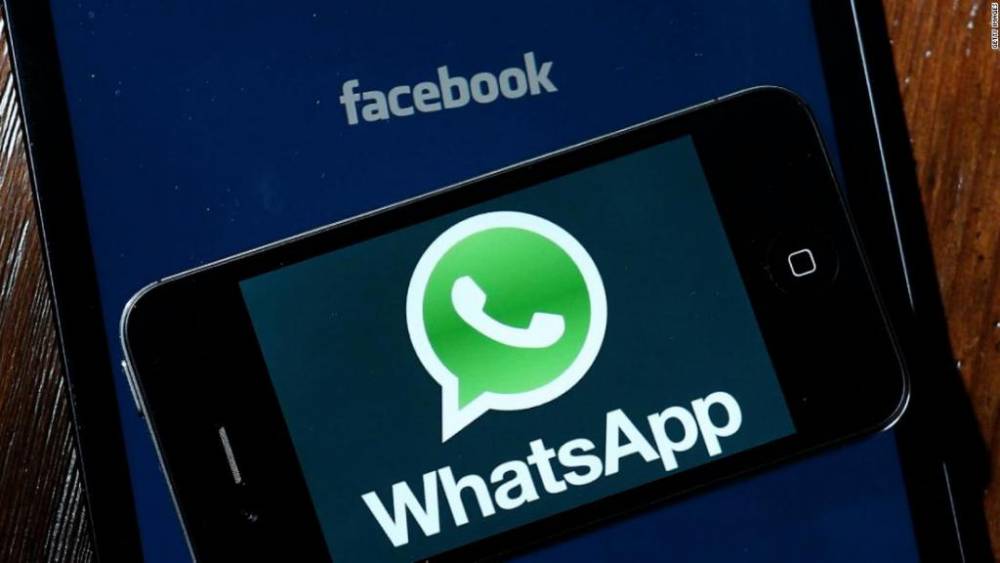
Silicon Valley Is In A High-stakes Standoff With India
Silicon Valley is in a high-stakes standoff with India
The world's largest technology companies are locked in a tense standoff with India over strict new social media rules they fear will erode privacy, usher in mass surveillance, and harm business in the world's fastest growing market.
This week's events highlight the difficulties that Facebook (FB), Twitter (TWTR), and Google (GOOGL) face as they attempt to navigate an increasingly complicated Indian political landscape and comply with new regulations set to take effect on Wednesday.
Indian police paid a visit to Twitter's offices on Monday following the company's labeling of a tweet by a prominent member of the ruling party as "manipulated media." WhatsApp filed a lawsuit against the Indian government on Tuesday, alleging that the new rules violated the company's rights. On Wednesday, Prime Minister Narendra Modi's administration chastised Facebook's platform for its "clear defiance" of the "law of the land." And Twitter expressed "concern" on Thursday about the safety of its employees in the country.
Modi's government maintains that the new regulations are reasonable and will assist in safeguarding national security, preserving public order, and reducing crime by making it easier to identify the sources of viral misinformation. According to the technology companies, the rules violate democratic principles.
This is the latest tussle in a tumultuous relationship between American technology companies and one of their largest markets. This year, India's ruling party has stepped up its crackdown on social media and messaging apps, particularly in the aftermath of a second Covid-19 wave.
The decision by Twitter to label a tweet from a Bharatiya Janata Party spokesperson drew a visit from the Delhi police. According to the police, the visit was "routine" in order to elicit cooperation from Twitter in its investigation. It was dubbed "intimidation tactics" by the social media behemoth.
"We, along with many members of civil society in India and around the world, are concerned about the police using intimidation tactics in response to the enforcement of our global terms of service, as well as with key elements of the new IT Rules," the company said in a statement Thursday.
"We intend to advocate for changes to specific provisions of these regulations that stifle free, open public discourse," the statement continued.
The Delhi police, in a statement late Thursday, described Twitter's response as "unfounded and misplaced fear mongering."
Mass surveillance or national security
The new regulations, which took effect in February, require companies to establish special compliance officers in India. Additionally, services are required to remove certain content, such as posts containing "complete or partial nakedness."
Additionally, if authorities request it, tech platforms would be required to trace the "original originator" of messages — a requirement that prompted WhatsApp to file a legal complaint against the government. The company stated that complying with this request would compromise the platform's "end-to-end encryption and fundamentally undermine people's right to privacy."
A government that chooses to mandate traceability is effectively mandating a new form of mass surveillance, WhatsApp wrote in a blog post explaining why the practice is opposed.
The Indian Ministry of Electronics and Information Technology described WhatsApp's lawsuit as a "unfortunate attempt" to stall the implementation of the new rules. The ministry stated that it respects the right to privacy and will only request private data from the platform in order to investigate or prevent "very serious offenses" involving India's sovereignty, security, and integrity, public order, rape, child sexual abuse, or sexually explicit material.
Additionally, the Indian government stated that it was committed to ensuring all citizens' right to privacy as well as the means to maintain national security.
"It is WhatsApp's responsibility to find a technical solution, whether through encryption or otherwise, to ensure that both occur," the statement continued.
However, social media companies are not only concerned with privacy. They must appoint a chief compliance officer, who may be held liable in any subsequent proceedings for failing to remove flagged content. WhatsApp and Twitter have both expressed concern to CNN Business about this requirement.
Censorship fears
This year, Indian authorities have also requested that Silicon Valley firms close offices. In April, the government requested that Facebook and Twitter remove approximately 100 posts, including some critical of Modi's response to the Covid-19. In February, just weeks before the publication of the new social media rules, India pressed Twitter to delete accounts it deemed to be incendiary.
Twitter expressed concern Thursday about the country's "potential threat to freedom of expression."
However, with hundreds of millions of internet users and thousands more joining daily, India is far too large a market for any technology company to ignore. While WhatsApp took the unusual step of suing the authorities, Google and Twitter have indicated a willingness to work with the government on the majority of the new rules' requirements.
"Of course, it's early days, and our local teams are extremely engaged... we always adhere to local laws and work constructively in every country where we operate," Google CEO Sundar Pichai told The Press Trust of India on Wednesday. CNN Business has yet to receive a response from the company regarding a request for comment.
"We will maintain a constructive dialogue with the Indian government and believe that collaboration is critical," Twitter added in a statement Thursday.
Courses and Certification
Telecommunications Course and Certificate
Information Technology Fundamentals Course and Certificate
Internet Technologies Course and Certificate

